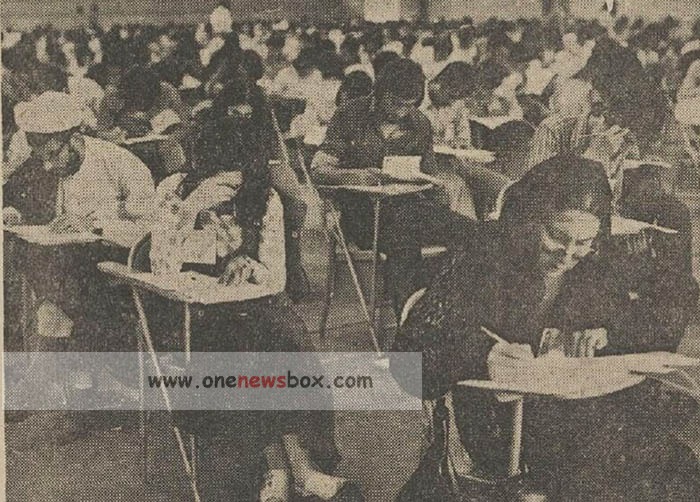The Konkor remains a central fixture in Iran’s educational and social fabric. Despite various reforms and policy shifts aimed at reducing its weight, the exam’s significance persists, deeply influencing the aspirations and anxieties of Iranian youth.
While the gradual inclusion of academic records as part of the university admission criteria was intended to diversify evaluation methods and reduce pressure, it has inadvertently led to increased instances of cheating and widespread public dissatisfaction.
The debate over the Konkor reflects larger issues in Iranian society — from concerns about fairness and equality to questions about the role of education in social mobility. The challenge ahead for policymakers and educators is not merely about adjusting admission formulas but about restoring integrity, ensuring fairness, and building a system that genuinely rewards merit and effort.
Only through thoughtful, transparent reforms and active engagement with students, teachers, and families can Iran hope to build a future where higher education serves as a pathway to opportunity for all, rather than a high-stakes gamble for a privileged few.

